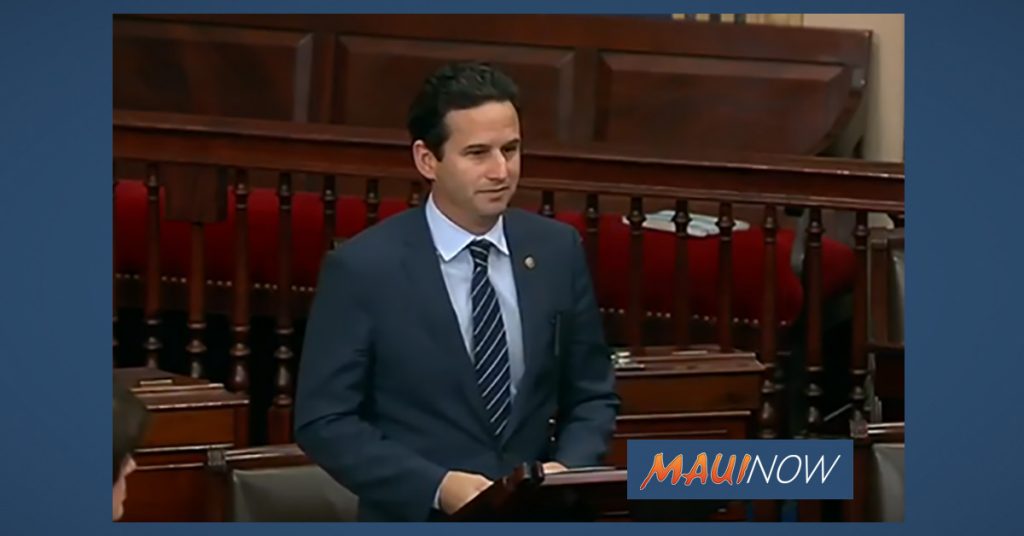Schatz introduces legislation to prevent youth suicide

US Sen. Brian Schatz (D-Hawai‘i) introduced legislation to prevent youth suicide, the second leading cause of death for people between the ages of 10 and 24.
The Child Suicide Prevention and Lethal Means Safety Act would fund suicide prevention initiatives, ensure health care providers receive training to prevent intentional harm and create a centralized hub to provide safety information to at-risk youth and their support networks.
Specifically, the Child Suicide Prevention and Lethal Means Safety Act would:
- Establish a grant program to provide funding for initiatives that offer youth suicide prevention and lethal means safety education, training and resources to health care professionals;
- Establish a grant program to integrate lethal means safety and suicide prevention topics into curricula at health professional schools to ensure that future nurses, doctors, and mental and behavioral health care providers have received the education and training that will allow them to prevent lethal means injuries, deaths and suicides among their patients; and
- Create a centralized hub to provide important lethal means safety and suicide prevention information to at-risk youth and their family members, health professional schools, and health care providers.
The legislation is cosponsored by US Sens. Richard Blumenthal (D-Conn.), Tim Kaine (D-Va.), Sherrod Brown (D-Ohio), Cory Booker (D-N.J.), Chris Van Hollen (D-Md.), Amy Klobuchar (D-Minn.) and Ron Wyden (D-Ore.). Companion legislation was introduced in the House of Representatives by US Representatives Lauren Underwood (D-Ill.) and Kim Schrier (D-Wash.).
Suicide rates among young Americans increased by 52% between 2000 and 2021, according to data from the Centers for Disease Control and Prevention. A June 2021 CDC report found a significant increase in emergency department visits for suicide attempts among adolescents ages 12 to 17 during the pandemic, including a spike of more than 50% among adolescent girls.
“Youth suicide is a crisis in Hawai‘i and across America, and we need to do everything we can to get young people help when they need it,” said Sen. Schatz. “This bill provides important training and resources to medical professionals who will be able to deliver timely help and prevent these tragedies.”











